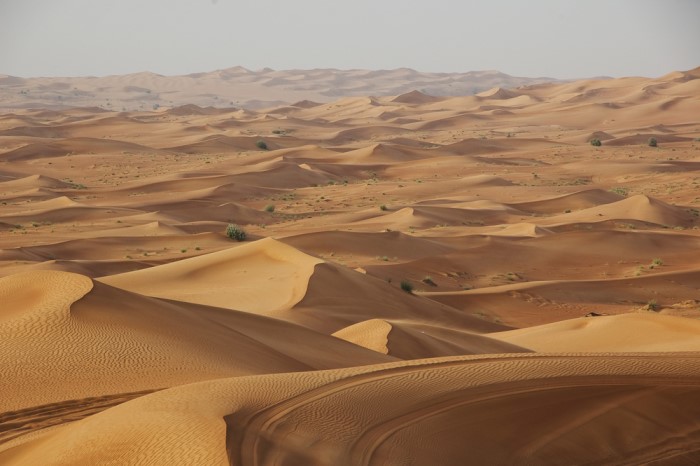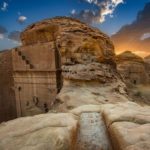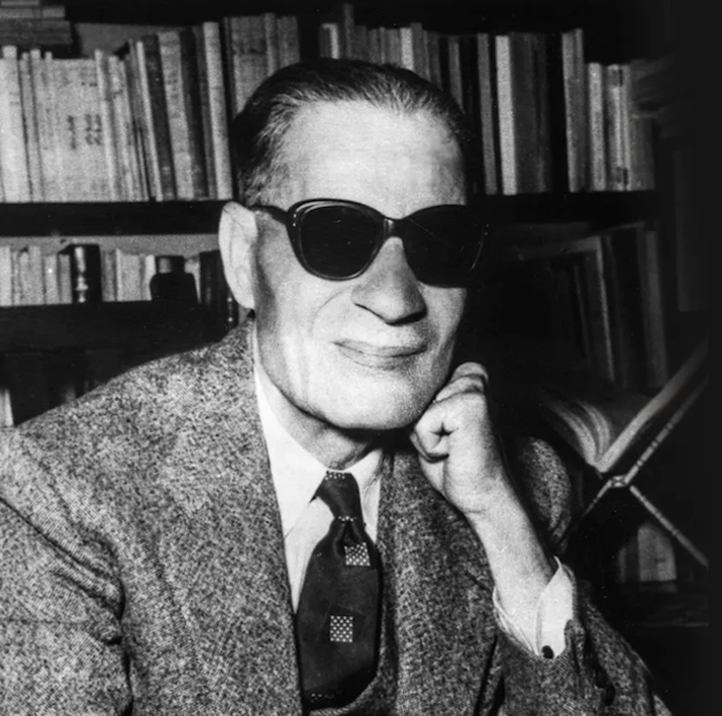
I have never come across, throughout the long history of humankind, a people who love forgery, invention, distortion, lies, hypocrisy and the downright inverting of facts more than Muslim Arabs. Everything they relate is dubious, and everything they cite as evidence is lies and falsehood.
THE HISTORY of the pre-Islamic era (the ‘jāhiliyya’) that they set down is a forgery from A to Z, and was only developed as an argument for the corruption of pre-Islamic society, and that without Islam the Arabs would not have seen the light and would have remained in a state of ignorance and darkness. The history of Islam is falsified and has little room for facts, since it always portrays Muslims as the best of the nations raised up for men.[1]
What is more, Muḥammad and his followers were simply ‘applying God’s law and His ordinances and striving to spread His religion on earth’ and therefore they are always in the right because they were applying a Machiavellian ‘the end justifies the means’ logic before its time.
All of this is in addition to applying the logic of takfir: “We Muslims are the best nation and we apply what we have been commanded to do; no one can object to His decisions, so whoever opposes us is opposing God’s own commands”. The Qur’ān itself contains much of what was fabricated by the scribes at the time of ‘Uthmān ibn ‘Affān (otherwise, how can we explain that this caliph burned all the existing copies of the Qur’ān and only his Qur’ān remained? Is this not proof enough that ‘Uthmān wanted to make it a weapon to be used against other peoples and against each other too in a frantic pursuit of power, influence and wealth?
Taha Hussein’s conclusion was that ‘pre-Islamic poetry’ had nothing of the jāhiliyya era in it
Even pre-Islamic poetry constitutes a Muslim heresy. In his book On Pre-Islamic Poetry Taha Hussein presented us with a summary of in-depth investigations caused by a suspicion that that poetry did not depict the intellectual, religious, political and economic life of the age of the jāhiliyya. He went on to cast doubt on whether that poetry, termed ‘pre-Islamic’ from a linguistic and artistic point of view, actually corresponded to the two languages (the ‘Adnāniyya or Qaḥṭāniyya) common in the era in which it was expressed. Instead it was closer to the language of the Qur’ān, and the concepts expressed in this idiom were mostly conditioned by the Islamic religion – especially those poems claimed to have been uttered by the jinn. The same applies to compositions referring to the mission of the Prophet, all designed to satisfy the need of the public for evidence of the genuineness of the Prophet’s message or to provide an interpretation of the Qur’ān such as the issues of Ibn ‘Abbās and Al-Azraq. That is, it was composed after the emergence of Islam. Taha Hussein’s conclusion was that ‘pre-Islamic poetry’ had nothing of the jāhiliyya era in it and that it is was just an invented poetic corpus.[2]
The distortion continues to this day among the adherent of the ‘righteous ancestors’ (al-salaf al-ṣāliḥ) and the miraculous ‘utopia’ of Islam and the vast extent of the caliphate. But anyone who reads the actual recorded history only sees these ‘ancestors’ jostling for office and killing each other with or without a reason. He also sees irrational differences, starting with the Rightly-Guided Caliphs with their complicit imams and corrupt sheikhs. Where exactly is the righteousness in all of this?
Some of these will then tell you that the lands of Islam gave birth to scholars without whom the West could not have got to where it is now, all this in a despicable attempt to arrogate to themselves the achievements of others. Their claim is based on multiple fallacies, the first of which is that most of the scholars they speak of were not related to Islam: some were Jews, some Christians, and many of them were born outside Muslim lands or if they were born within them were nevertheless of non-Arab origin. Moreover, what the Arabs did achieve began by their translating the sciences and philosophy of ancient Greece and of other civilizations that predated them, before they were in a position to make any additions to them. How can they claim a monopoly over what they could not have come up with without the efforts of others?

Suggested Reading
But Muslims, by nature, cannot tolerate things being attributed to others even if they themselves can claim no credit for accomplishing them, because of a parasitic instinct that always overtakes them. For were it not for the sciences of other peoples, the Arabs would have remained the same, dealing in sorcery and charlatanism as we see even today, despite everything, with their talk of ‘the medicine of the Prophet’, ‘healing through the Qur’ān’, ‘the benefits of camel urine’, ‘the Sunna of the fly’s wing’[3] and other decadent theories that rely solely on people’s ignorance and their deluded wanderings in metaphysics.
What future can there possibly be for a Muslim nation that has been manipulating its own history for centuries, to the point that they possess nothing true anymore?
[1] The author is alluding to Qur’ān III (Āl ‘Imrān), 110:كُنتُمۡ خَيۡرَ أُمَّةٍ أُخۡرِجَتۡ لِلنَّاسِ تَأۡمُرُونَ بِٱلۡمَعۡرُوفِ وَتَنۡهَوۡنَ عَنِ ٱلۡمُنكَرِ وَتُؤۡمِنُونَ بِٱللَّهِۗ (You are the best of the nations raised up for (the benefit of) men; you enjoin what is right and forbid the wrong and believe in Allah).
[2] One could illustrate this point of Taha Hussein by analogy with Ancient Greece. The poet Pindar (c. 518 BC – c. 438 BC) was famous for his celebrations of triumphs gained by competitors in Panhellenic festivals such as the Olympian Games. Although he was thus writing on such non-religious issues as athletic prowess, his language is nevertheless shot through with idiomatic expressions reflecting the religious environment of his age: “as swift as Hermes”, “stronger than Hephaestus himself” and so on. A Christian Greek author from a later period, even if he intended to imitate them, would not have been able to do this convincingly since his mental universe was entirely different and he could not have contemplated presenting the pagan faith of the ancient Greeks positively. The pre-Islamic poetry that Taha Hussein references reveal nothing in this respect of the religious Zeitgeist of pre-Islamic Arabia. (Ed.)
[3] This tradition comes from the hadith narrated by Abū Hurayra: ‘The Prophet said “If a house fly falls in the drink of anyone of you, he should dip it (in the drink), for one of its wings has a disease and the other has the cure for the disease.”’ (Ṣaḥīḥ Al-Bukhārī: Volume 4, Book 54, Number 537). (Ed.)

